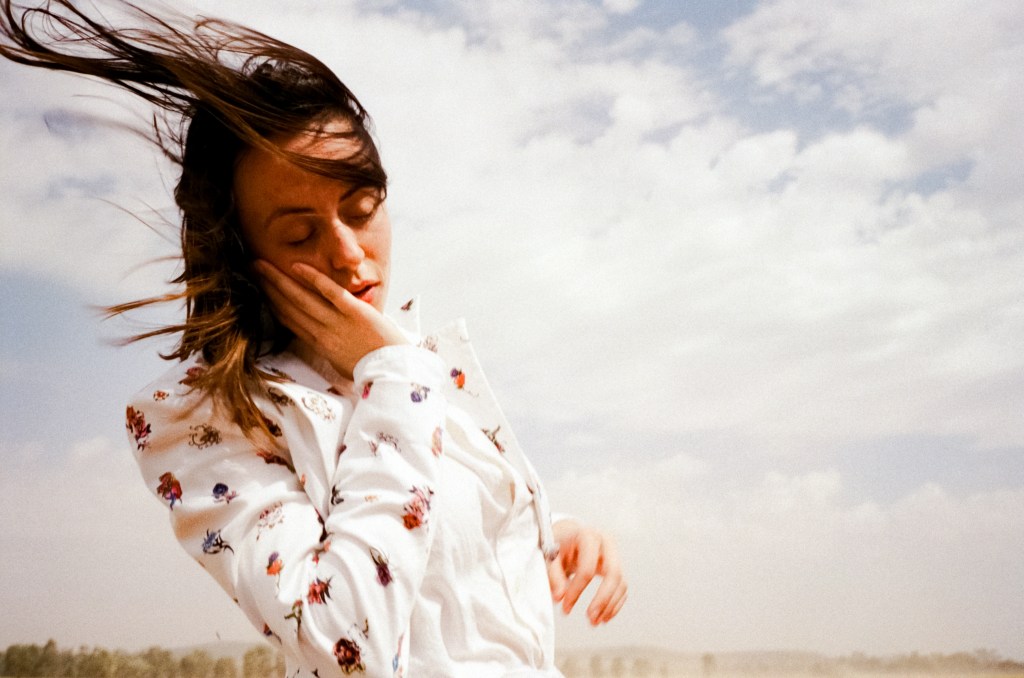Folk-pop singer-songwriter Gordi, otherwise known as Sophie Payten, has wrestled and reconciled with her identity on her new record Our Two Skins. Dropping this Friday June 26, her sophomore album chronicles the inner conflicts, oftentimes isolating discovery and excruciating epiphany she underwent to find her true self.
Like a diamond forged under pressure, this sonic gem was written during some of the most difficult…











